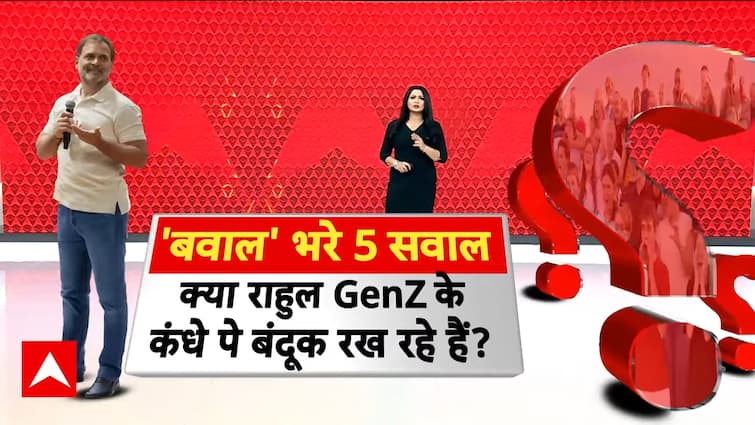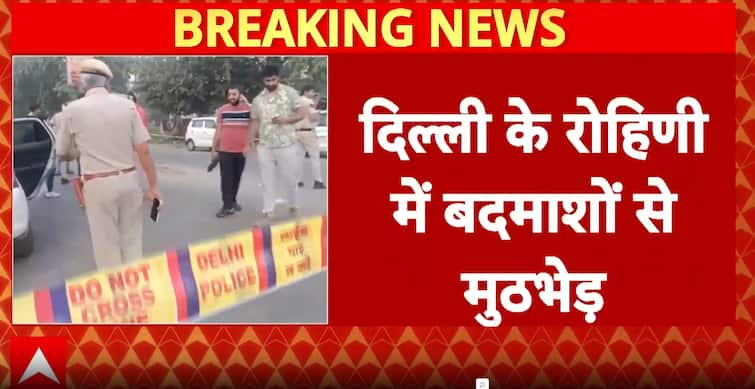India, the world’s largest democracy, recently witnessed its 2024 elections, with over 97 crore people casting their votes. As India embraces democracy, the question arises—could India follow the path of countries like Nepal, Sri Lanka, or Bangladesh, where political instability and violence led to major upheavals? The recent call by Rahul Gandhi, urging the Gen Z generation to safeguard the country’s democracy, raises some concerns. His words sparked controversy, with critics alleging that it might fuel instability and unrest, especially after the events in Nepal. The political rhetoric, emphasizing the role of youth and the need for democratic safeguards, has ignited a debate: Is this a call for revolution, or a genuine attempt to protect democracy? In the context of Gen Z’s involvement, India’s youth has proven itself politically active, as seen in the recent Delhi University elections where they played a crucial role. However, questions linger about whether this generation, with its tech-savvy and revolutionary spirit, will uphold democracy or succumb to violence, as seen in some neighboring countries. It is clear that the political landscape in India is evolving rapidly, and the role of its youth will be pivotal in shaping the future.



